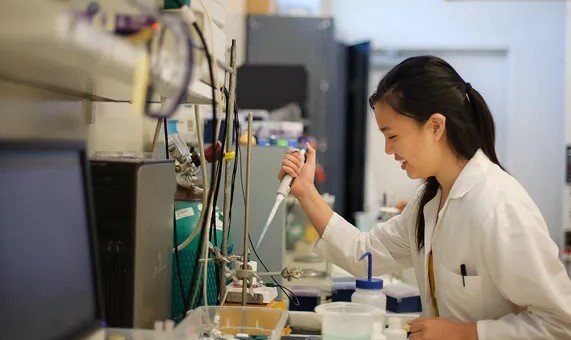Landmark Judgment Rules Domicile Quotas Violate Article 14 of the Constitution
In a landmark ruling on January 29, 2025, the Supreme Court of India declared that residence-based reservations for Postgraduate (PG) medical courses are unconstitutional. The decision marked a significant shift in the approach to medical admissions and set an important precedent for merit-based selection.
The three-judge bench, consisting of Justice Hrishikesh Roy, Justice Sudhanshu Dhulia, and Justice SVN Bhatti, issued a clear and emphatic statement that such quotas violate the fundamental rights enshrined in Article 14 of the Indian Constitution, which guarantees equality before the law. The ruling also addressed petitions related to discrepancies in NEET-PG 2022 scores.
The Unconstitutionality of Domicile-Based Reservations
At the heart of the Supreme Court’s decision was the issue of domicile-based reservations, particularly within the state quota for PG medical seats. The Court rejected the argument that these quotas were justified under the Indian Constitution, stating that such a policy is impermissible. Justice Dhulia, reading out the reasoning for the judgment, stated that “residence-based reservation in PG medical courses is clearly violative of Article 14.”

The Court’s ruling emphasized that the Constitution does not recognize a “provincial or state domicile.” According to the justices, all citizens of India are considered residents of the nation, with the right to live, work, and pursue education in any part of the country. This stance not only affects medical education but could have broader implications for other fields, too.
Why It Matters: The Role of Merit in Medical Admissions
The Supreme Court made it clear that PG medical seats, which are critical in producing specialized medical professionals, must be filled based on merit in the NEET exam, not by domicile status. The justices pointed out that while domicile-based reservations may be permissible at the undergraduate MBBS level to some extent, they have no place in postgraduate education where specialized knowledge and expertise are paramount.
The Court referenced earlier judgments in the Pradeep Jain and Saurabh Chandra cases, reiterating that the fundamental principle of merit should guide the admission process in PG medical courses. “We are all domiciles in the territory of India,” the ruling emphasized, reinforcing that students from any state have the constitutional right to seek admission anywhere in India based on their merit and qualifications.
This judgment is a clear call for a uniform and nationalized approach to admissions in PG medical courses, ensuring that the selection process is based purely on academic merit, irrespective of a student’s state of origin.
What This Means for Current Students
While the ruling will impact future medical admissions, it comes with an important clarification. The Court made it clear that the judgment would not affect the students who are already enrolled in PG medical courses or those who have already completed their studies under the domicile-based reservation system.
The decision thus provides relief to current PG students who may have feared disruption due to the change in policy. The ruling only affects future admissions, ensuring that those who are already part of the system will not be adversely impacted by the Court’s decision.
The Future of Medical Education and Domicile-Based Quotas
This judgment raises significant questions about the role of state-based quotas in higher education and could lead to further legal challenges or legislative changes regarding domicile-based reservations in other fields. As India continues to evolve, this ruling may prompt a broader discussion about the fairness and equity of reservation systems in various educational sectors.
Some legal experts argue that while the decision is a victory for merit-based selection, it also brings attention to the larger debate on affirmative action and how best to address regional disparities in access to education.
Impact on NEET-PG 2022 Discrepancies
In another important aspect of the ruling, the Supreme Court dismissed petitions related to discrepancies in the NEET-PG 2022 scores. The Court, while addressing the issue of score discrepancies, underscored the importance of ensuring transparency and fairness in the examination process. However, the main thrust of the judgment remained on the constitutional violation posed by domicile-based reservations in PG medical courses.
The Court’s dismissal of these petitions, while unrelated to the core issue of domicile reservations, underscores the judiciary’s continued commitment to upholding the integrity and fairness of the examination system.
